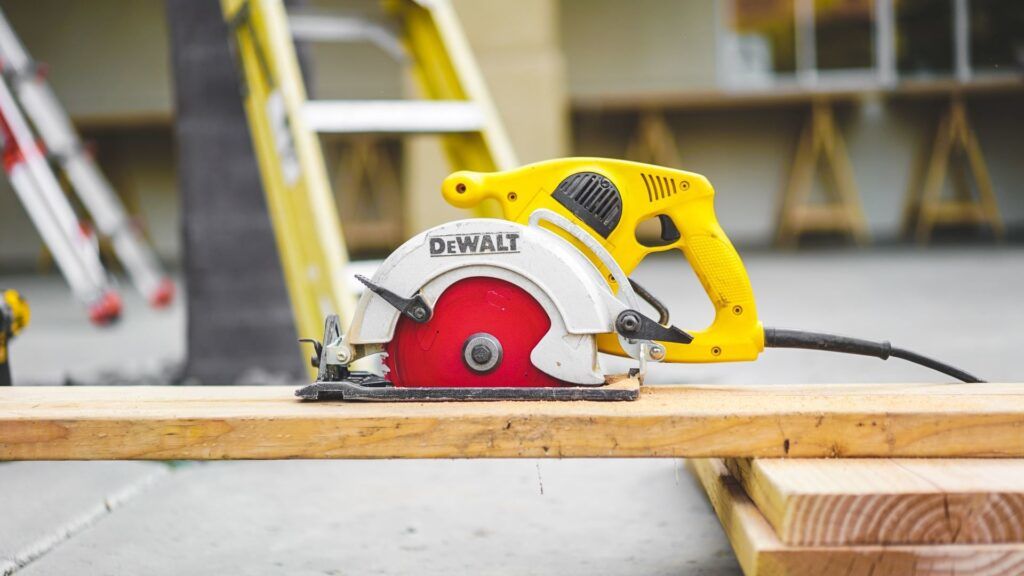Have you been looking for ways to save money on your home building project? Homebuilding costs can sometimes keep people from upgrading or building their perfect forever home. However, you don’t need to put it off. There are ways you can lower homebuilding costs and start saving money towards building your new home.
4 Tips for Cutting Down on Homebuilding Costs
The primary way to save on building costs is to educate yourself.
1. Price new homes and compare.
Many homeowners are turned off to the idea of custom home building because they automatically picture a price tag with huge dollar signs. The cost of building a custom modular home typically runs less than traditional house building or buying an existing home.
Your modular homes costs will vary based on the following items.
- Floor plan
Just as vehicles vary in price based on their different features, floor plans can significantly affect the cost of your modular home. Size, complexity, and extra features will all impact your end price.
- Builder
Once you choose a floor plan, you should speak to your builder and get a general idea of what he charges. Again, this will vary from company to company depending on the difficulty of the project.
- Location
Costs vary from region to region, even within states and cities. You probably understand that homes in California cost significantly more than homes in the Midwest.
Additionally, if the property is made up of undeveloped land, your costs will be higher due to additional things such as tree clearing and getting electric and gas utilities back on the property. Ensure that you know the market prices in the location where you are looking.
2. Educate yourself on construction financing.
To understand construction financing, you must understand a few key terms that will be thrown around a lot. These terms include the following:
- Down payment
Most people are familiar with the idea of a down payment. A down payment is a cash payment you make upfront before the home is fully purchased. While there are loans available that require zero to 3% down payments, it is best if you shoot for a down payment on 20% on your custom home. This sounds like a big chunk of money, but it will provide you with a smaller loan to pay off.
- Construction loans
A construction loan pays for all of the construction costs of your new home: land development, foundation, septic setup, etc. Then, since no home exists yet, the bank will calculate the future value of the custom home waiting to be built. This is how they determine how much the loan will need to be.
Before they give you a loan, most banks would like to see that you have at least 20% equity in the property/house costs, although there are numerous lenders and loan programs that require as little as zero money down on your project.
- Personal finance statement
A personal financial statement is essentially a reference sheet for all of your financial responsibilities and liabilities. It lists your car payments, rent, income, assets, and other pertinent information for the bank. It provides quick access to your financial situation.
3. Create a money-saving plan (and stick to it).
The best way to cut down on custom homebuilding costs is to faithfully stick to a plan and a budget. Avoid spending money, and take shortcuts when you can. You might have visions of the perfect home dancing around in your mind. However, if you are going beyond your budget to achieve it, you likely won’t be able to enjoy it later.
Even before you begin your homebuilding process, try to put money into a “homebuilding fund.” Perhaps any extra money after rent and bills should go to the fund. Have savings goals, and look for ways to set money aside.
You can work alongside your builder to develop a money-saving plan. One great way to dodge extra homebuilding costs is to install certain appliances and features yourself if you can. Some builders will let you do this, while others will not. At Next Modular, we are happy to work with you on this.
4. Find the right builder.
A good home builder can make all the difference between a great home building experience and a nightmare. The right home builder will be the following:
- Honest and reputable.
- Considerate of your time and desires.
- Suggestive regarding ways you can save money.
- Communicative during the homebuilding process.
- Considerate of your wishes.
Always ask for customer recommendations before deciding on a builder, and be thorough when interviewing for one. Taking the time to find a good builder will save you a major headache in the future.
Why is it a Good Financial Decision to Build Modular?
The cost benefits of building a modular home are numerous for the following reasons:
- Factory-building cuts down on the waste materials that would typically occur with on-site building.
- The time frame for building is much shorter than that of a traditional custom home.
- You can choose how many rooms you want.
- Floor plans can be more or less expensive depending on the style.
- You can choose the location.
- Your custom home builder will be able to evaluate all the factors and give you a ballpark cost of the home.
It is extremely important that you know all the numbers before getting into the process and realizing expenses are racking up. This also helps you avoid high-interest rates.
Applying all of these factors sounds like a lot of work, but making an effort to save money in small things will save you a lot of money overall. It’s worth it to build a house that is perfect for you.
If you have any further questions or you would like to begin the home building process, call Next Modular today. We are dedicated to helping you succeed in finding your forever home.


